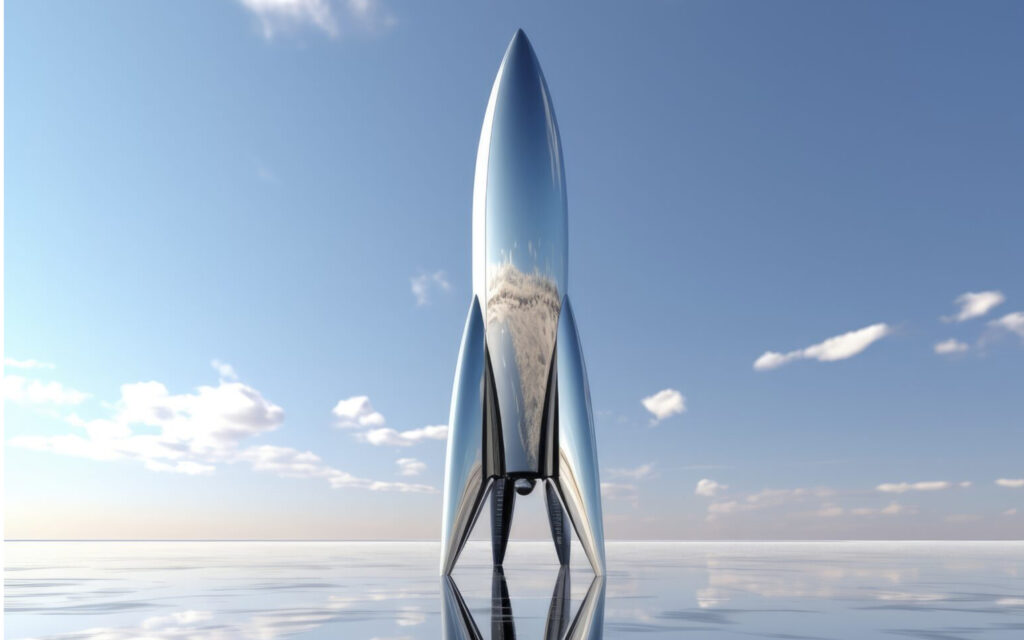Leadership Must Evolve, Here Is Why
We often cite pre- and post-COVID years to explain how employee habits have drastically changed. It’s about time we rethink and change leadership styles too.
There is a gap staring us in the face, causing misalignment, which we will not be able to overlook in the years to come.
Companies that are in the market to stay, know this and have already started adjusting and updating leadership standards accordingly.
Has your company steered towards a future-proof direction in the last 5 years?
Leadership isn’t what it used to be. And we all feel it. The demands are more complex, the teams more diverse and the pace relentless. What worked five years ago won’t get us where we need to go next.
Technical skills still matter but you know very well what happens when you have people with brilliant technical skills but very little ability to collaborate and communicate.
In order for people to stay engaged, aligned and loyal, they need to have a feeling of belonging and connection. What we’re seeing across industries is a clear shift: employees thrive under leaders who are emotionally grounded, clear in their communication and aware of the energy they bring into a room.
In today’s workplace, performance isn’t just about metrics – it’s equally about energy, clarity and kindness. Traditional leadership models focused heavily on strategy and execution. But in the era of hybrid teams, emotional complexity and rapid change, those models fall short.
What Data Say
Research from Google’s Project Oxygen and Harvard Business Review confirms it: the best managers aren’t the smartest in the room – they’re the ones who know how to listen, support and inspire.
According to a 2023 McKinsey report, companies that invest in human-centered leadership see 20 – 25% higher retention and a significant boost in innovation. The skills driving this shift? Emotional intelligence, adaptability and psychological safety.
Skills That Matter Now
With the leaders I work with – across tech, media and global organisations – the most powerful shifts come from:
- Learning how to stay grounded and make clear decisions under stress
- Improving communication and become more empathic while maintaining authority
- Practising holding better boundaries driven by self-respect -not ego- and improve relationships
- Advancing the ability to build trust in teams spread across distance and time zones
- Modeling calm, clarity and togetherness during uncertainty
The Ripple Effect
These are not soft skills; they are super strong skills any resilient modern leader needs to embody. When leaders model presence and self-regulation, teams mirror that.
Engagement grows. Turnover shrinks. Productivity becomes more sustainable.
Companies like Microsoft and Patagonia have already invested in emotional intelligence and energy awareness as part of their leadership development. Not because it’s trendy, but because they want to be in the market thriving in the next many decades.

